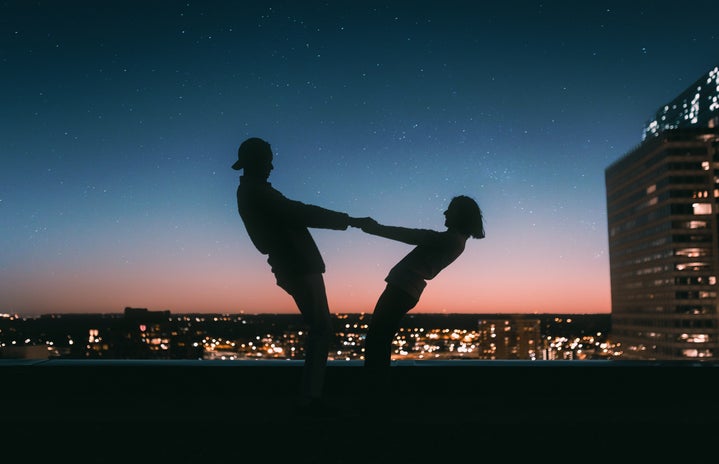At the age of 12, I started my first paying job, and since then, I’ve been told by various adult figures over and over again that I was “so independent.” Now that I’m an adult myself, I’ve gradually come to realize that I was always trying to fill shoes that were constantly way too big. Some find “being an independent woman” to be a phrase with many negative connotations but others, including myself, believe being independent is empowering. I like to think that for most of us, we view independence as a strength rather than a weakness. It’s a positive characteristic that symbolizes being able to voice your opinions confidently and not rely on others. Society no longer solely views independence as a trait that only describes someone financially stable or someone who doesn’t need anyone’s validation and emotional support. Instead, now, being independent generally means possessing a product of various traits.
But when can being independent become a problem? Being consistently told, “you’re so independent,” may make us glow with pride the first few times, but having the word “independent” labeled to your personality traits can have harmful consequences. You’ll slowly begin to instill the trait of being independent into your self-perspective and may unintentionally start to push others away just because you want to remain known as someone who has it all figured out themselves. If you’re not careful, this behaviour will manifest into a response called ultra independence – something that can be detrimental when you don’t want to ask for help, even when you really need it.
Ultra independence is a coping mechanism we exhibit when we realize it’s terrifying to rely on or trust others. It can stem from childhood trauma ranging from having parents who were distant and unreliable or being bullied by other kids and realizing it was best to learn how to stand up for yourself rather than waiting for others to step in. Ultra independence can also develop from a romantic heartbreak or the death of a loved one and teach us how it’s better not to allow anyone in, fearing they’ll eventually leave. Instead, being an ultra independent person means you’re usually one of the first to offer a hand when someone else needs help. Always stepping up to the occasion to help others is an unconscious effort to prove to others that you’re independent. Ultra independent people also prefer codependent relationships because they feel in control and can feel needed by their partner. Having an independent partner scares you because their independence threatens your sense of control.
Being ultra independent can be highly demanding and often lead to stress or burnout because you can’t manage all the demands you ask yourself to do. You’re frequently hard on yourself and become frustrated when you’re unable to fix a situation, even when it’s out of your control.
If you’re an ultra independent person, what can you do about it? The first step in learning how to stop being ultra independent is to put the guards down and learn how to trust others. Realize that not everyone is going to let you down and not everyone wants to hurt you. Many people want to help you and are willing to listen, but only if you allow them to. Asking for help isn’t weak and isn’t something to feel ashamed of. Another small step you can learn to take is to start saying no. Don’t allow others to take advantage of you or be consistently dependent on you. Start saying no when people ask for too much, create boundaries and put yourself first.
You don’t always have to be the “strong” one of the friend group or family, and you don’t have to feel like everyone else’s problems are your problems as well. Being ultra independent and having others frequently depend on you can be emotionally and mentally exhausting. While it’s healthy to be an independent person once in a while, be conscious of how exposing your vulnerabilities can be a traumatic experience and unconsciously manifest into ultra independence.



